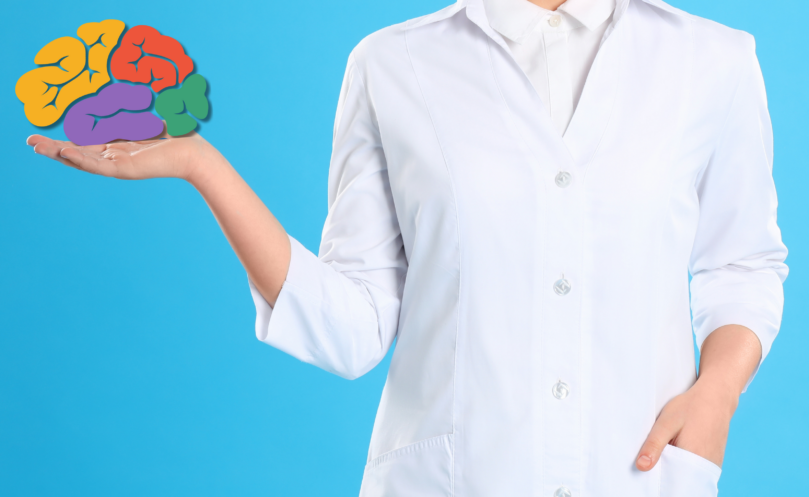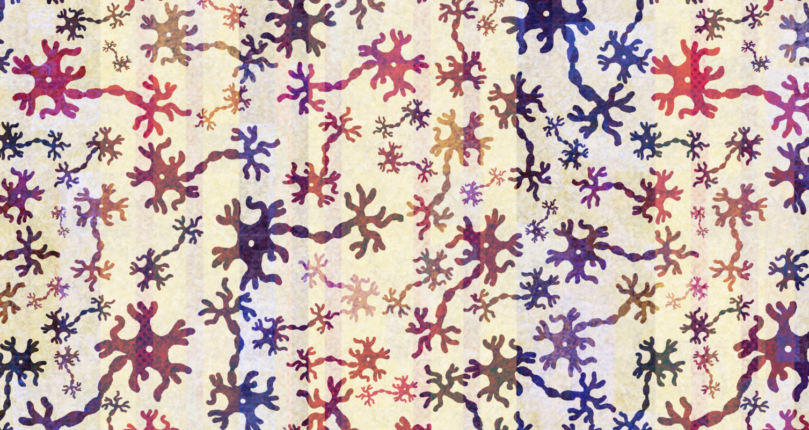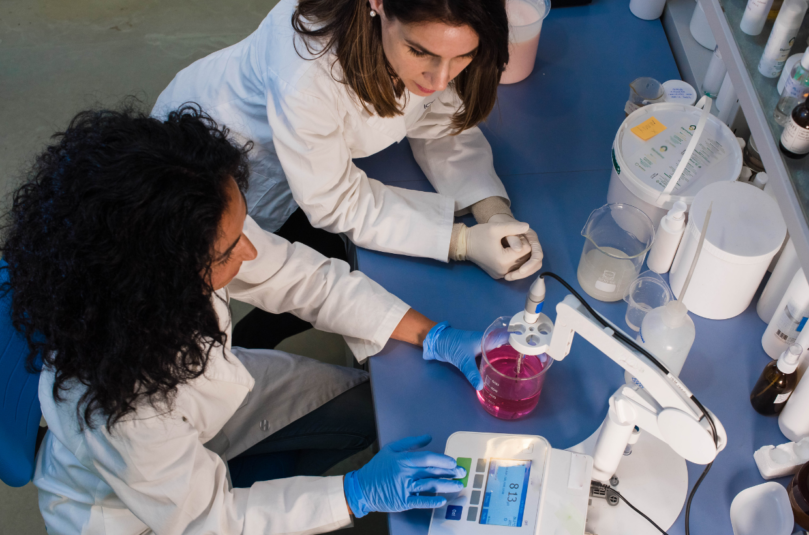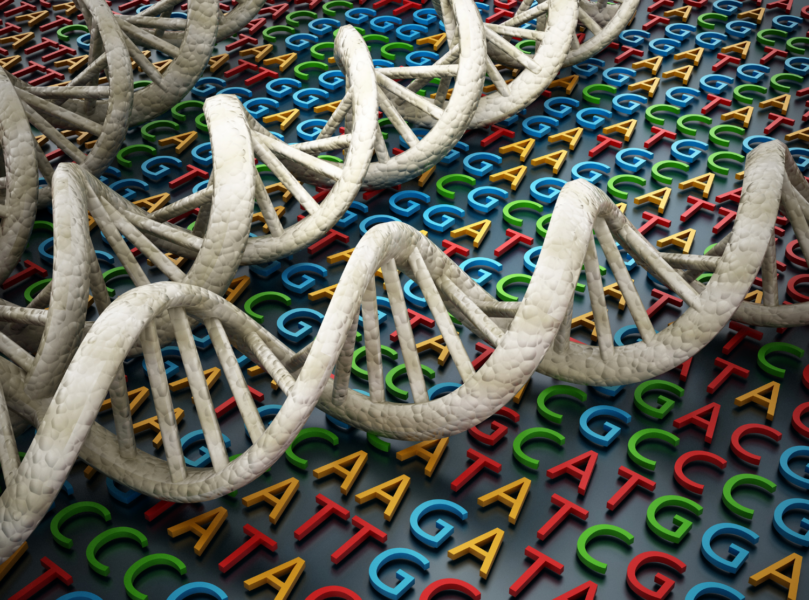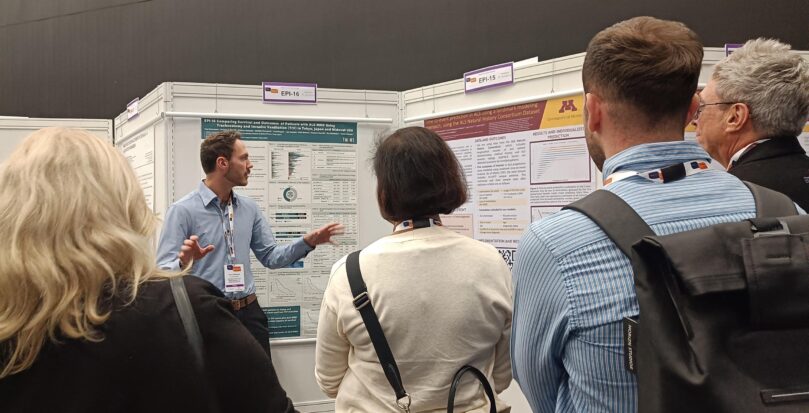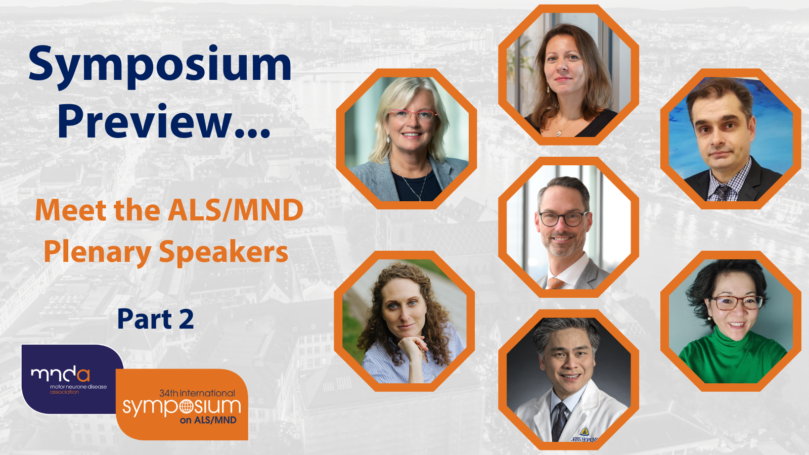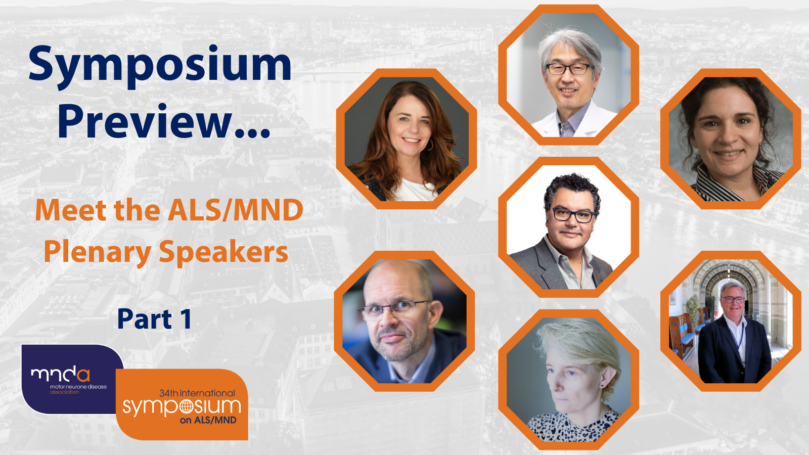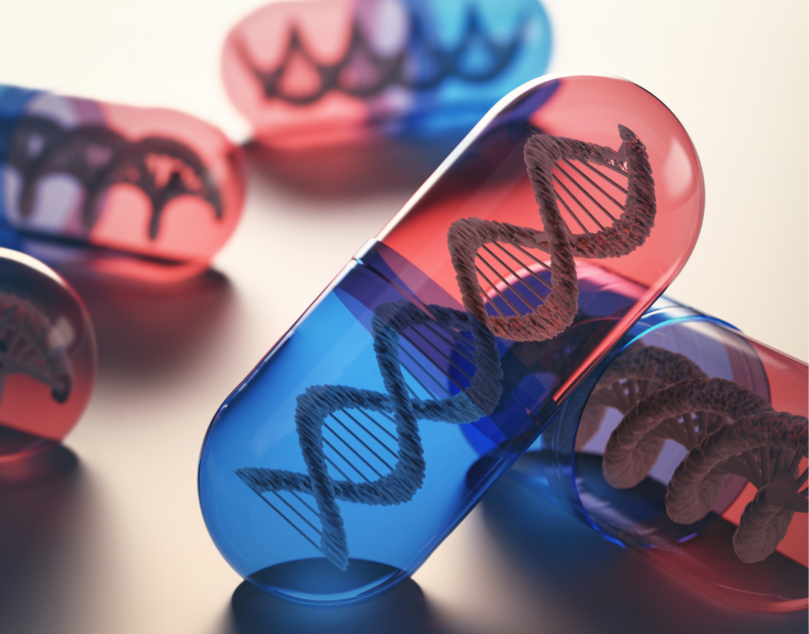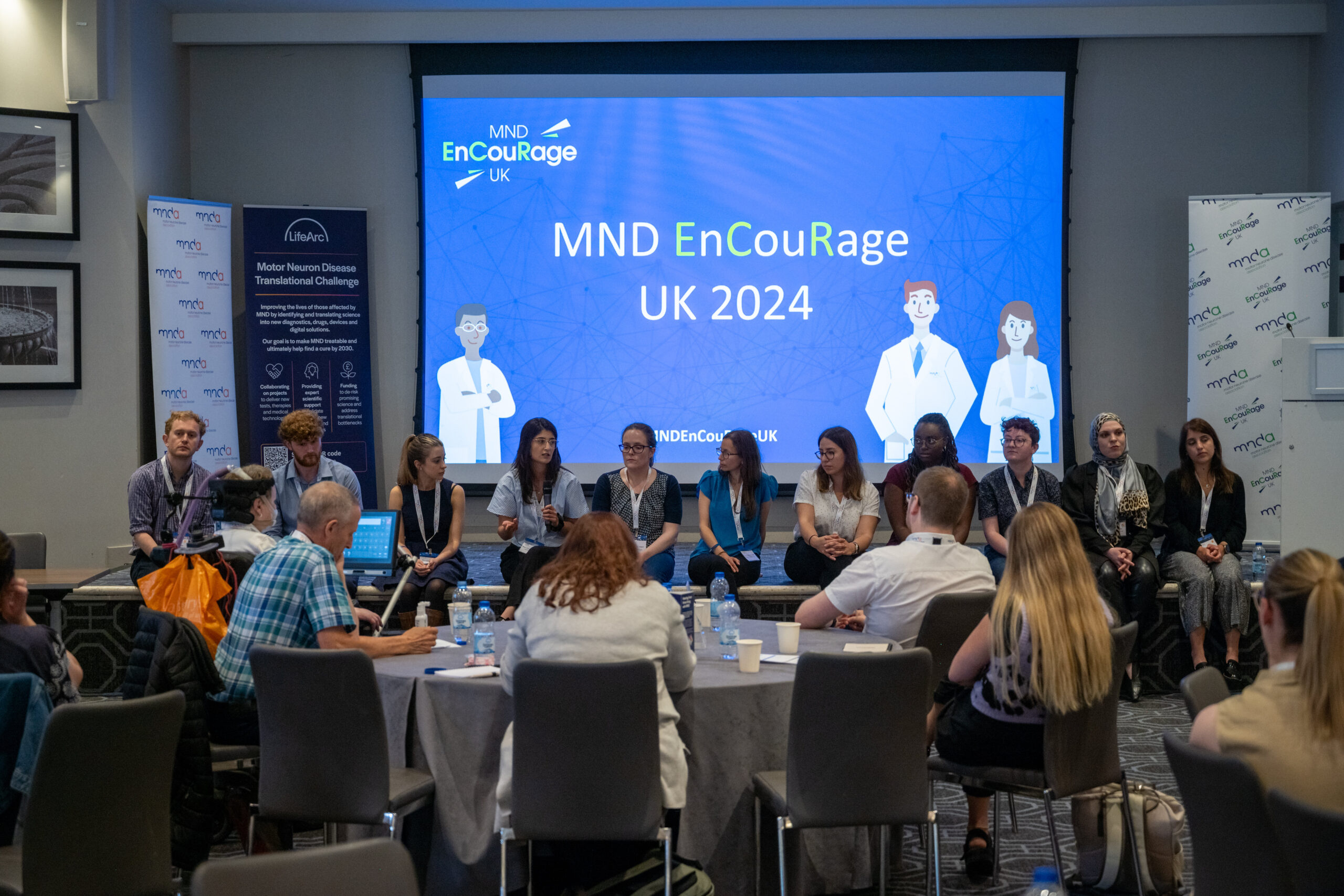
MND EnCouRage UK: Supporting the future leaders of MND research
Reading Time: 7 minutes Increasing our understanding of MND, improving care and finding new potential treatments for the disease relies upon very talented and dedicated scientists working in MND research. To encourage the best and brightest minds to stay in the field and build a continuous stream of future leaders in MND, we need to make sure that scientists…

